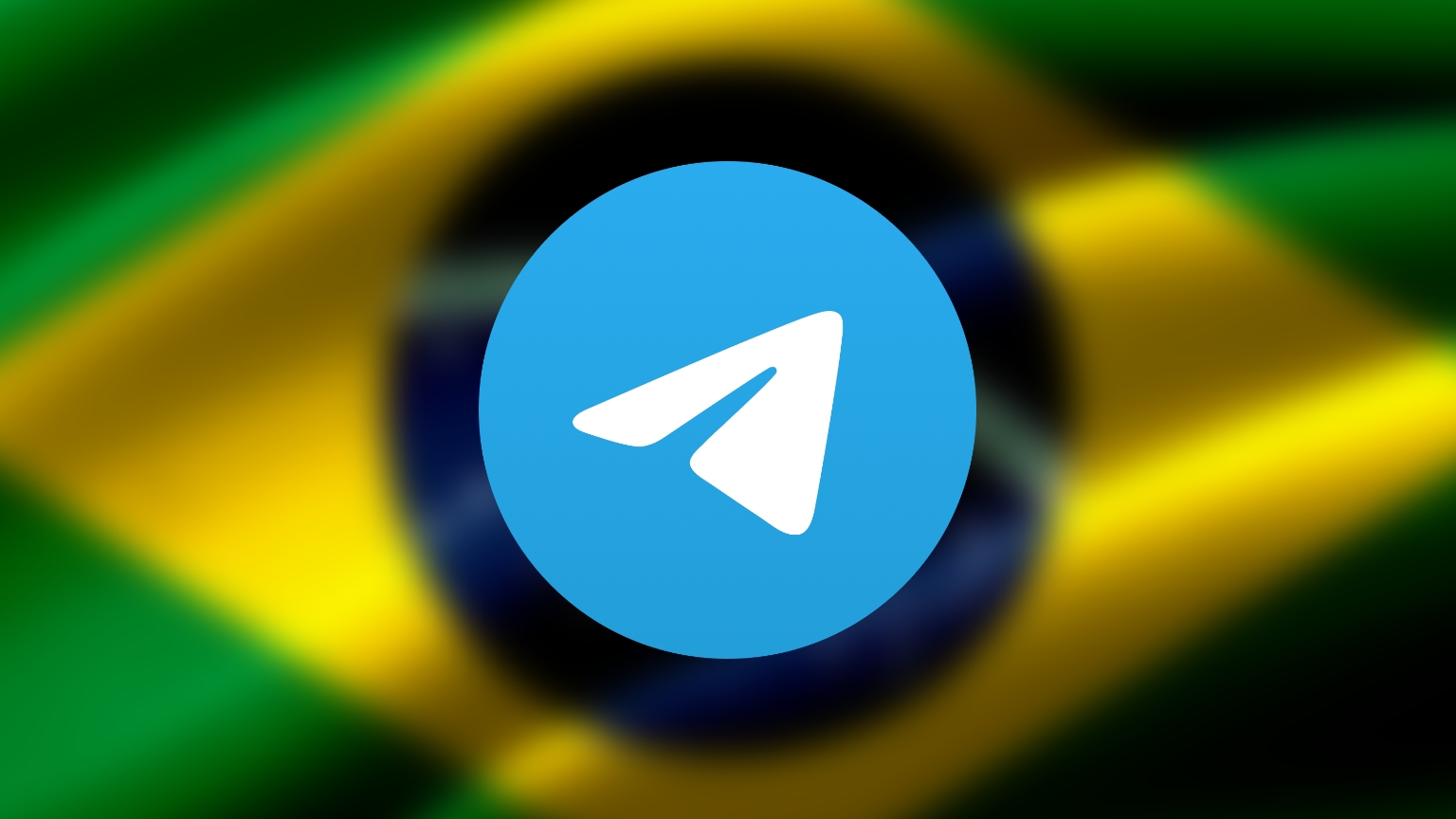Justice Luís Roberto Barroso, a Justice of the Supreme Federal Court of Brazil (Supremo Tribunal Federal [STF]) justice and President of the Superior Electoral Court (Tribunal Superior Eleitoral [TSE]) of Brazil, has called for the popular messaging app Telegram to be banned unless it establishes legal representation in the country and complies with the TSE’s “Program to Combat Misinformation” (“Programa de Enfrentamento à Desinformação”).
The TSE, a court that organizes Brazil’s elections and includes three justices from the STF, launched the Program to Combat Misinformation in August 2019.
The program targets “misinformation within the scope of the Electoral Justice” and has partnered with several Big Tech platforms and companies including Facebook, Google, Instagram, TikTok, Twitter, WhatsApp, and YouTube. It has also singled out Telegram on its official blog and noted that Telegram is the only major instant messaging app or social network that has yet to partner with this Program to Combat Misinformation.
Barroso’s call for Telegram to be banned follows him sending a letter to Telegram CEO Pavel Durov last month which requested a meeting to discuss cooperating with the TSE to combat “fake news.” Barroso claims that Durov and Telegram have so far failed to respond to the letter and other attempts to contact the company and has urged Brazil’s National Congress to ban the messaging app unless it establishes “adequate legal representation” in the country and collaborates with the TSE.
“For a company to operate in Brazil, it has to be subject to Brazilian laws and the jurisdiction of our courts,” Barroso said in a statement to Brazilian media outlet Poder360. “More than a generation of Brazilians fought to build democratic institutions and it is our duty to defend them against hatred, misinformation and authoritarian extremism.”
While Barroso is currently leaning on Brazil’s National Congress to take action against Telegram, the TSE has suggested that it may take action against Telegram directly and will discuss potential measures it can take against the messaging app in early February.
“Will we ban Telegram in Brazil?” TSE deputy minister Maria Claudia Bucchianeri said in an interview with Marie Claire magazine. “Something needs to be done.”
Although Telegram has yet to be blocked in Brazil, the popular messaging app WhatsApp has been blocked in the country several times.
This increased pressure on Telegram is occurring during an election year where Brazil’s President, Jair Bolsonaro, has built a huge audience of more than one million subscribers on his Telegram channel.
Bolsonaro has had his content censored multiple times by tech giants such as Twitter and YouTube. As Big Tech’s censorship of his content has escalated, Bolsonaro has urged his followers to subscribe to his Telegram channel and has praised Telegram for allowing a much wider range of speech.
“Of course we’re growing our network on Telegram,” Bolsonaro said in October. “It doesn’t have any censorship, so it has to be this way. These days, if you post a story pointing out a problem with the vaccine, you’re called a flat-earther, a denier, a propagator of fake news. People, Telegram is an alternative.”
Not only does Bolsonaro have a large following on Telegram but his audience is also very influential. According to The Washington Post, Bolsonaro’s Telegram supporters helped him to win Time magazine’s Person of the Year reader poll in 2021.
If Telegram were blocked in Brazil, Bolsonaro would lose access to this large, influential audience and one of the last online spaces where he can speak freely less than a year before the October 2, 2022 general election.
Barroso’s call for Telegram to be banned follows the STF having several clashes with Bolsonaro over the last year in relation to online content. In September 2021, the STF and Brazil’s Senate overturned Bolsonaro’s anti-social media censorship order which would have prevented social media platforms from removing legal content. And in October 2021, Brazilian senators urged the STF to ban Bolsonaro from all social media platforms.
Brazil is one of several countries where access to Telegram is being threatened because of its free speech stance. In Germany, Telegram has faced similar demands to collaborate with the country’s censors and the government has suggested that the app could be banned. Belarus has also threatened to jail subscribers to popular Telegram channels.








